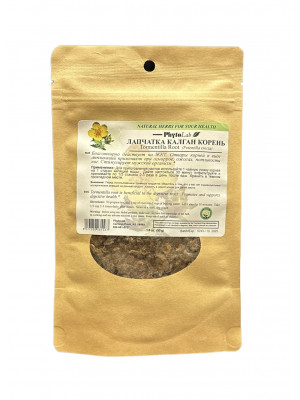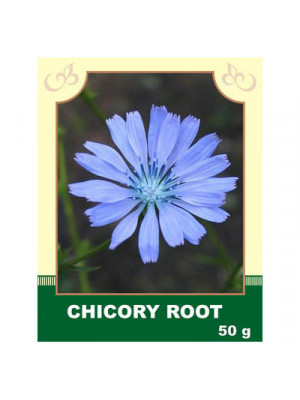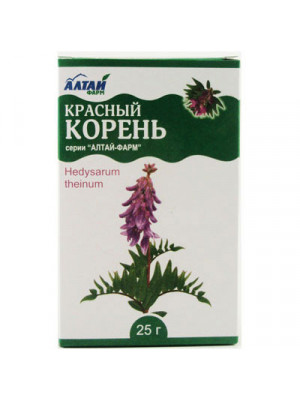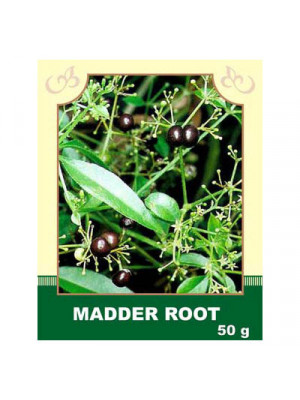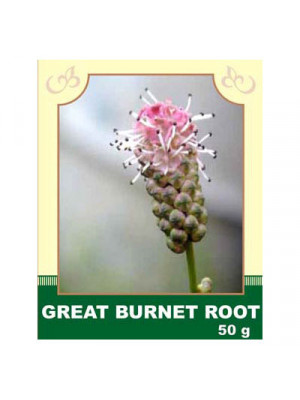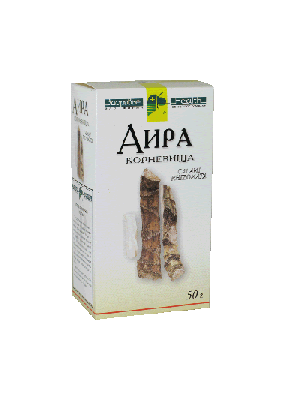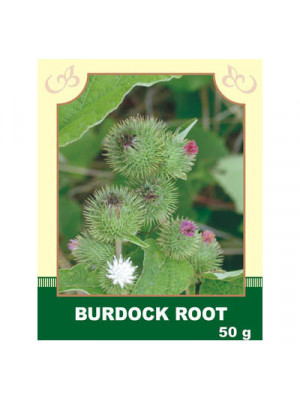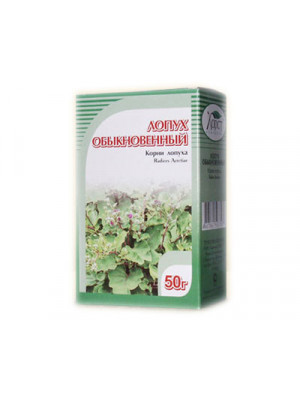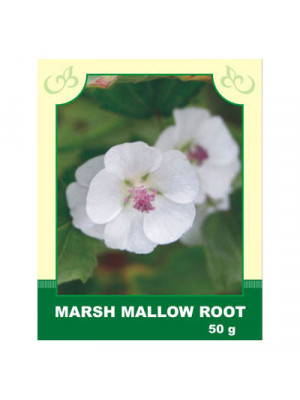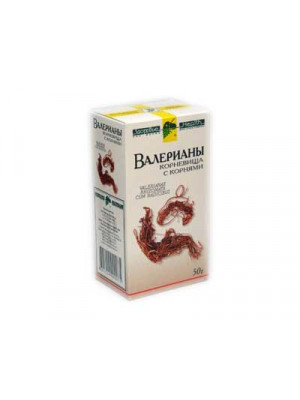Search results for 'Basket Plant with Ginkgo - Balsam for Foot 75ml'
Internally taken as a binding, anti-inflammatory, cholagogue, and hemostatic agent, for intestinal and uterine bleeding, liver and gallbladder diseases, duodenal ulcer, enterocolitis, and skin conditions.
Method of application and dosage: 1 tablespoon of raw material is poured with 200 ml of boiling water, heated in a water bath for 30 minutes, infused at room temperature for 10 minutes, strained, squeezing out the remaining raw material. The finished infusion is brought to the original volume with boiled water. Take 2 tablespoons 4 times a day before meals. Externally, it is used for gargling in angina, gingivitis, and toothache, as well as for burns, oozing eczema, and other skin diseases.
Contraindications: individual intolerance.
$9.99Internally: Has a beneficial effect on the state and efficiency of the nervous system. Chicory root improves the functioning of the gastrointestinal tract, urinary system, and contributes to lowering blood sugar levels. Enhances metabolism, significantly reducing body weight.
Method of application and doses: Grind into powder, pour 1 teaspoon with cold water (200 ml), and put it on the heat. Bring to a boil, infuse for 5-10 minutes. It is recommended to take one-third of a glass before breakfast, lunch, and dinner.
Contraindications: Individual intolerance.
$6.99- Red root supports the urinary tract in inflammation of the prostate and prostate adenoma. Improves blood circulation and decongests in the prostate. Restored male sexual activity, solves the problem of impotence. It strengthens and restores the capillary walls, remove heavy metals and neutralizes free radicals. Therefore, red root used in the treatment and prevention of diseases such as tumors, leukemia, prostate, fibroids, infertility.$8.99
Internal Use:
It gradually loosens and breaks down kidney, bladder, and gallbladder stones without significantly affecting blood pressure and breathing. It enhances heart contractions without noticeably affecting heart rhythm. It has diuretic and anti-inflammatory effects in the treatment of pyelonephritis, nephritis, and cystitis. It helps eliminate salts from the joints of the hands and legs. Under the influence of marjoram, urine turns pink-red, and stones come out in flakes.
Method of Application and Dosage: Infuse 1 teaspoon of crushed raw material in 200 ml of cold water, infuse for 8 hours, then strain the extract, and the raw material is re-infused with 200 ml of boiling water. After 15 minutes, strain again. Both infusions are mixed and consumed in several doses throughout the day before meals.
Contraindications: Individual intolerance, overdose is not allowed. Limit the consumption of products containing an excess of oxalic and citric acids. It is recommended to consume boiled meat, fish, vegetable oil, cereal dishes, beets, cucumbers, watermelons, melons, non-acidic varieties of apples, pears, plums, as marjoram can damage teeth. It is advisable to drink infusions through a straw and rinse your teeth.
$6.99Internally, it is taken as a binding, hemostatic, anti-inflammatory, analgesic, and bactericidal agent for inflammations of the mucous membranes, significant disorders of the functional activity of the stomach, intestines, diarrhea, hemorrhoids, uterine bleeding, and inflammatory skin processes. Steamed crushed roots are used for poultices in boils and leg ulcers.
Method of application and dosage: Pour 2 tablespoons of raw material into 200 ml of boiling water, heat on a water bath with a closed lid for 30 minutes, infuse for 10 minutes at room temperature. Strain and take 1 tablespoon 5-6 times a day.
Externally, steamed crushed roots are used for poultices in boils and leg ulcers. For douching, which is carried out 1-2 times a day, the decoction is diluted with warm boiled water (take 100 ml of the decoction for 900 ml of water). For leg ulcers, thrombophlebitis, make compresses from the plant's tincture on 20% alcohol. Rinse children's eyes with a decoction and make compresses for conjunctivitis.
Contraindications: individual intolerance.
$6.99- Calamus comes from China and India. In his books Hippocrates wrote about extraordinary properties of this plant. Nowadays Calamus root is widely used throughout the world. The plant consists of ascorbic acid, starch, gum, volatile oil, tannins etc. Calamus Root is an aromatic stimulant that has been used for centuries in many cultures mainly for digestive complaints. It is considered to benefit digestion, increase the appetite and ease dyspepsia and stomach cramps. The herb is thought to relieve the discomfort of flatulence, as well as check the growth of the bacteria which gives rise to it. The root is considered a stimulant, carminative, hypotensive, tonic, bitter, and aromatic.$7.99
Description. Burdock Root is one of the foremost cleansing herbs, providing nourishing support for the blood, the liver, and the natural defense system. It's rich in Vitamins B1, B6, B12, and E, plus manganese, copper, iron, zinc, sulfur, and more. You'll find Burdock Root in many tonic formulas and special blends designed for internal cleansing. In traditional herbal texts, Burdock Root is described as a blood purifier or alterative, and was believed to clear the bloodstream of toxins. The herb contains polyacetylenes that have both anti-bacterial & anti-fungal properties. Burdock Root contains high amounts of inulin and mucilage. This may explain its soothing effects on the gastrointestinal tract. Bitter constituents in the root may also explain the traditional use of Burdock to improve digestion. Use. Medicinally, Burdock Root has been used both internally and externally for eczema and psoriasis, as well as to treat painful joints and as a diuretic. In traditional Chinese medicine, Burdock Root, in combination with other herbs, is used to treat sore throats, tonsillitis, colds, and even measles. It is eaten as a vegetable in Japan and elsewhere. Burdock is a mild laxative. It also aids in the elimination of uric acid. By improving the function of many organs of elimination (liver, kidneys, bowels), many health conditions are improved. Burdock Root also has the ability to mildly lower blood sugar.
Attention! Before using any herbal products, make sure that you have full knowledge of how the herb works and any adverse reaction it may cause.$6.99- Burdock Root is one of the foremost cleansing herbs, providing nourishing support for the blood, the liver, and the natural defense system. Its rich in Vitamins B1, B6, B12, and E, plus manganese, copper, iron, zinc, sulfur, and more. Youll find Burdock Root in many tonic formulas and special blends designed for internal cleansing. In traditional herbal texts, Burdock Root is described as a blood purifier or alterative, and was believed to clear the bloodstream of toxins. The herb contains polyacetylenes that have both anti-bacterial & anti-fungal properties. Burdock Root contains high amounts of inulin and mucilage. This may explain its soothing effects on the gastrointestinal tract. Bitter constituents in the root may also explain the traditional use of Burdock to improve digestion.$6.99
Internally, it is taken as an expectorant, anti-inflammatory, and enveloping agent for bronchitis and bronchial asthma, gastritis, colitis, stomach ulcers, and duodenal ulcers; for inflammation of the bladder and urinary incontinence.
Method of application and dosage: The infusion is prepared by the cold method: 6-8 g of crushed root are infused in cold water for an hour, strained, and sweetened with sugar or honey. Take 20 g every 2 hours.
External use: used for gargling and lavage in inflammations of the mucous membranes of the mouth, angina, stomatitis, and on the genital organs.
Contraindications: individual intolerance.
$6.99- Valerian has been used as a sleep aid for over 1,000 years. This herb is a native plant both of Europe and North America. Valerian roots are often prepared in tea form, and in doing so they should not be prepared with boiling water, as this may drive off the lighter oils. Its ability to help relax the central nervous system, promote feelings of calm, decrease levels of anxiety and stress, and enhance sleep are known to millions the world over. Unlike some prescription sleep aids, valerian is not known to cause morning grogginess and is non-addictive.$7.99


